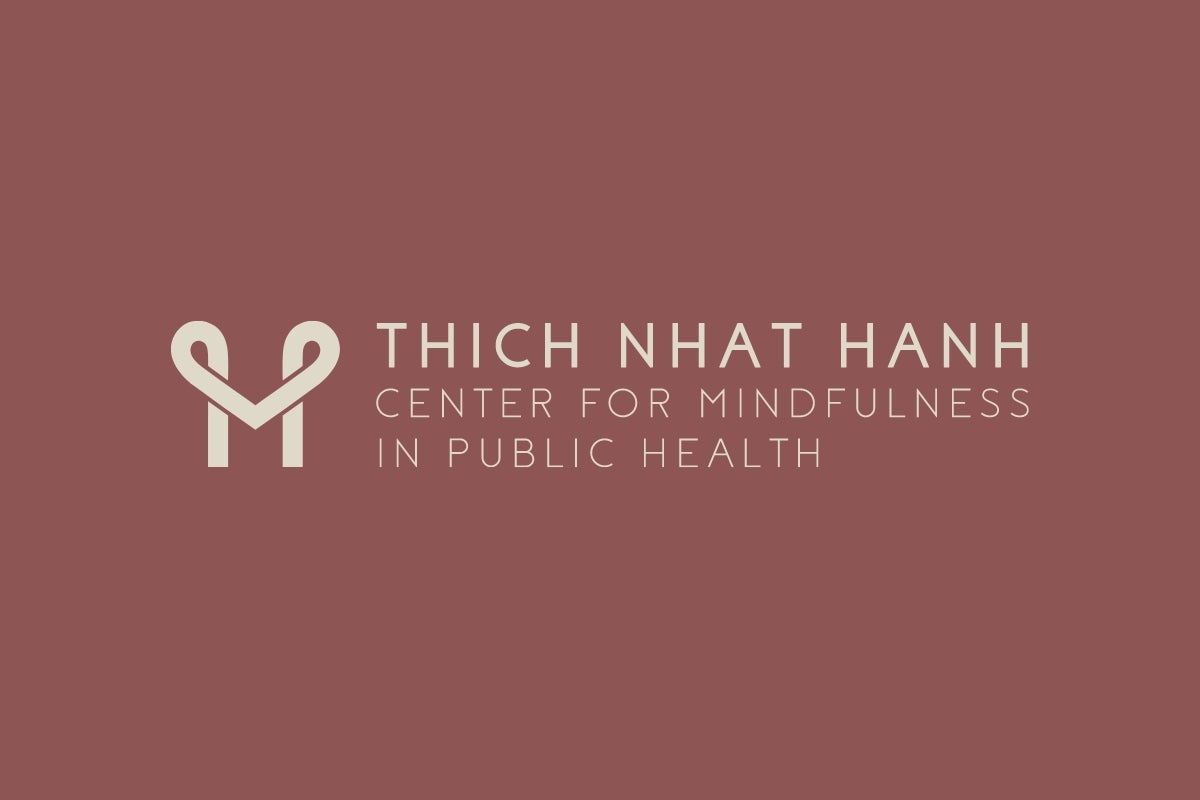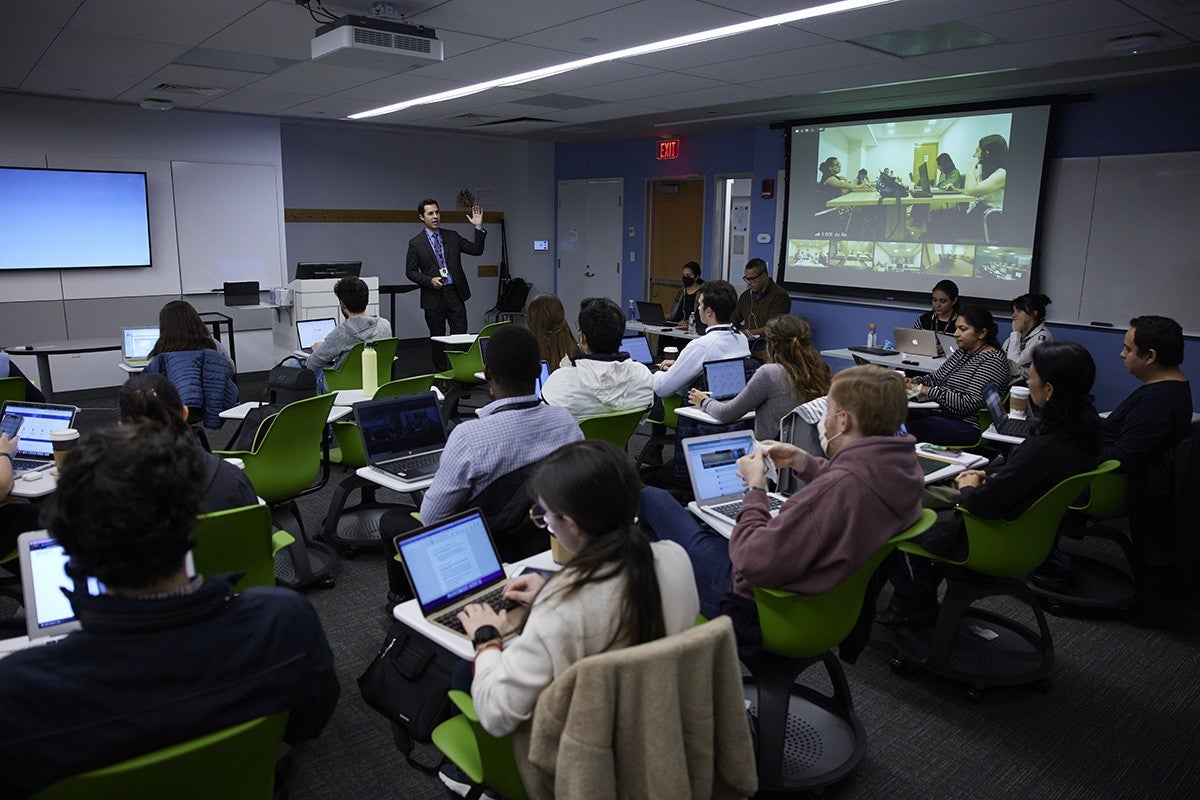Related Topics
Researching new ways to prevent Alzheimer’s
Irfan Chaudhuri, SM ’24, discusses his path to public health and a master of science degree in neuropsychiatric epidemiology from Harvard Chan School.

Carnivore diet a ‘terrible idea’
Some social media influencers are promoting a so-called “carnivore diet” made up almost entirely of animal products such as beef, butter, and eggs.

Through MPH program in Clinical Effectiveness, students gain skills, make global connections
In Harvard Chan School’s Master of Public Health program in Clinical Effectiveness (MPH-CLE), students get a twofold opportunity: They can boost their clinical research skills as well as make rich connections with fellow students from around the world.

Thinking big about child health and vaccines
Accompanying a childhood vaccination team in a remote part of Brazil spurred Cornelius Rau, SM ’23, toward the goal of improving child health on a large scale.

Thich Nhat Hanh Center for Mindfulness in Public Health Launched at Harvard T.H. Chan School of Public Health
The Thich Nhat Hanh Center for Mindfulness in Public Health will launch April 26 at the Harvard Chan School. The Center’s mission is to empower people around the globe to live with purpose, equanimity, and joy through the…

Program offers physicians worldwide opportunity to gain clinical research skills
Enrollments have jumped at popular Harvard Chan School executive education program that offers physicians worldwide the opportunity to gain clinical research skills.

Preparing for the next pandemic
Karl Lauterbach, Germany’s federal minister of health, discussed the G7 Pact for Pandemic Readiness at a Harvard Chan School seminar.

Tracking and responding to the global monkeypox outbreak
Bill Hanage discusses the current state of the monkeypox outbreak and efforts to control disease spread.

The complicated work of pinpointing the causes of disease
Three epidemiologists discussed the challenge of uncovering the causes of diseases at the 6th Cutter Symposium at Harvard Chan School.

Omicron’s ‘milder’ severity likely due to population immunity
The SARS-CoV-2 Omicron variant’s “milder” outcomes are likely due to more population immunity compared to earlier waves of the pandemic, rather than the virus’s properties.
